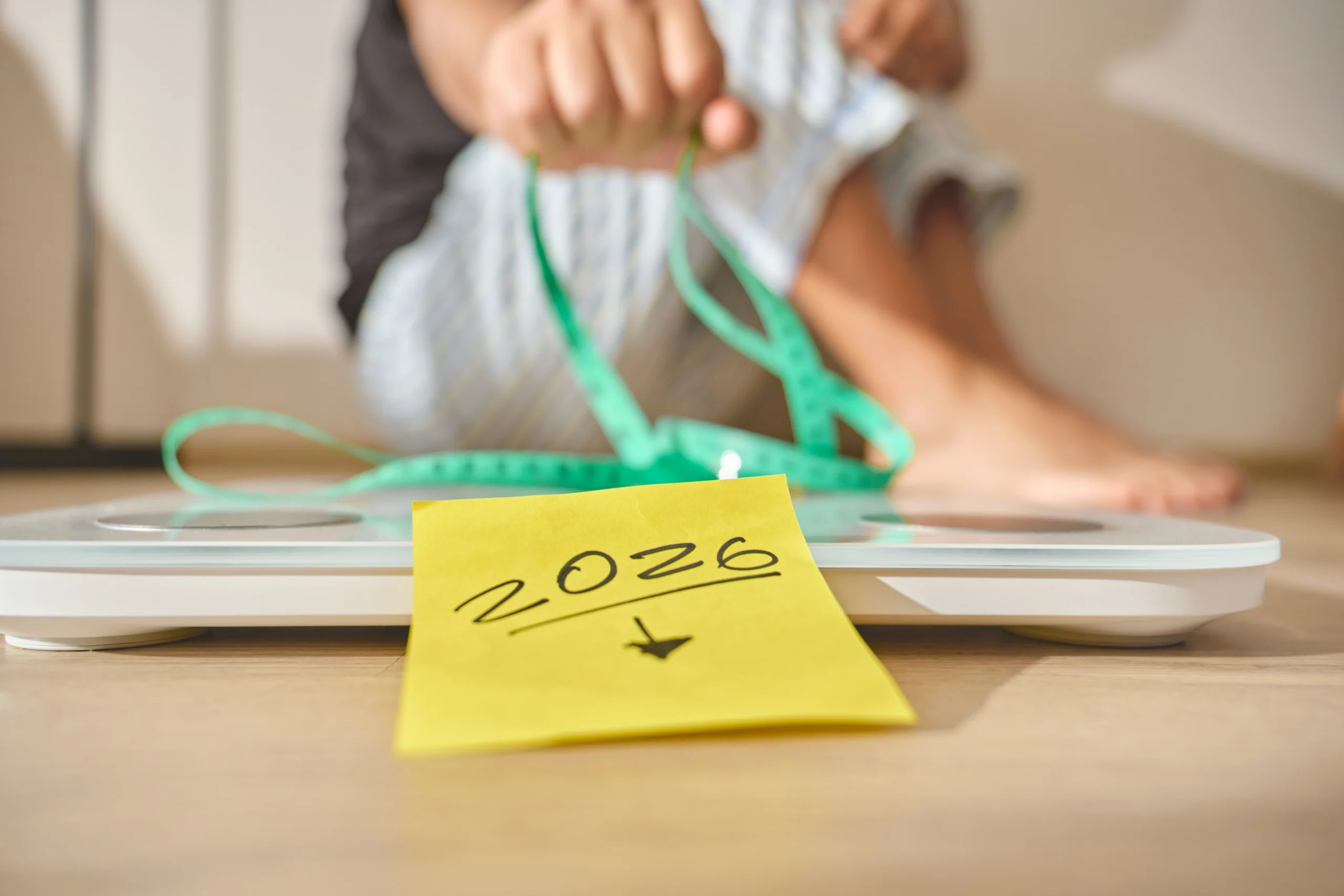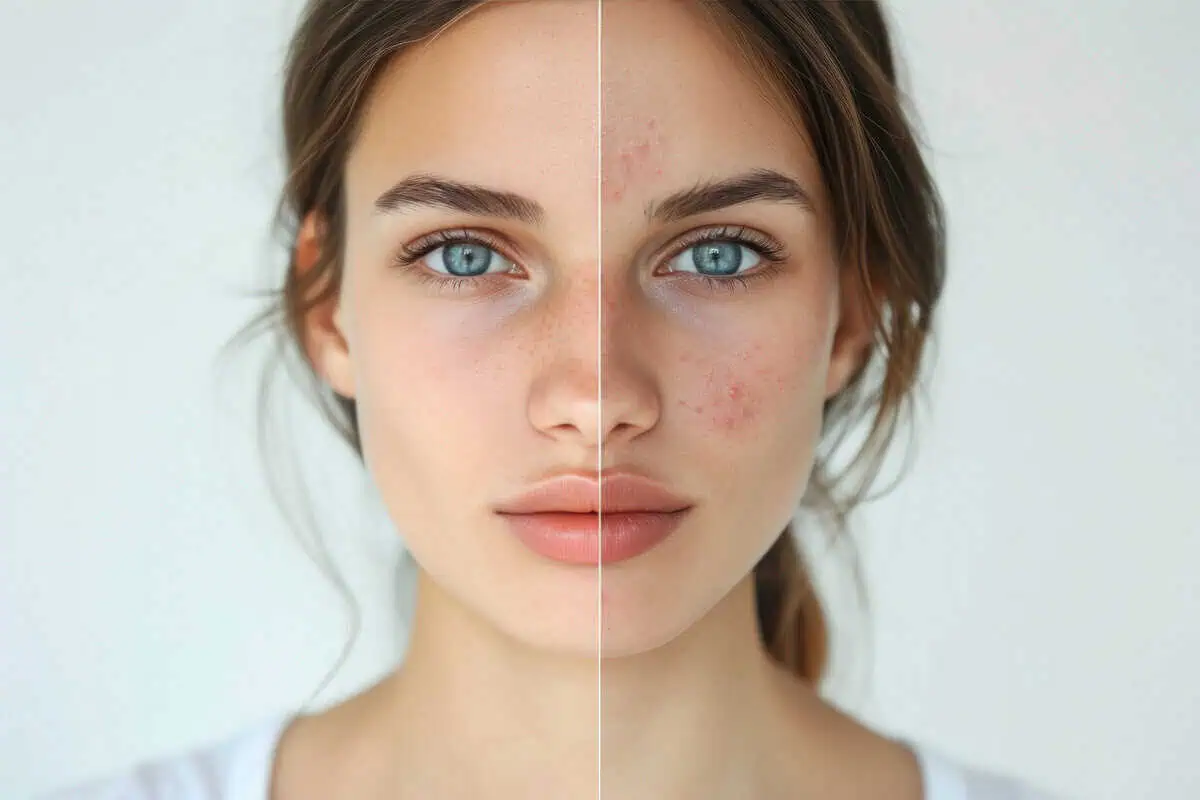
Waking up after a night of drinking often comes with some familiar, unpleasant symptoms: a pounding headache, queasiness, exhaustion, and the ever-persistent feeling of dehydration. These are the classic signs of a hangover, and while everyone’s tolerance to alcohol varies, no one enjoys starting their day feeling under the weather. Fortunately, there are several effective ways to speed up your hangover recovery, including the increasingly popular option of IV hydration therapy.
In this blog, we’ll explore a few best ways to recover from a hangover from, IV hydration to other practical solutions to relieve hangover symptoms and get you back to feeling like yourself faster.
What Causes a Hangover?
Before diving into solutions, it’s important to understand why hangovers occur. Alcohol dehydrates your body, depletes essential nutrients, and disrupts your sleep, all of which lead to the physical and mental symptoms of a hangover. Some of the key contributors include:
Dehydration: Alcohol is a diuretic, meaning it increases urine production, which can lead to fluid loss and dehydration.
Electrolyte Imbalance: Along with fluid loss, alcohol consumption can throw off your body’s electrolyte balance, which impacts muscle function, hydration, and energy levels.
Gastrointestinal Irritation: Alcohol irritates the stomach lining, leading to nausea and vomiting.
Low Blood Sugar: Alcohol consumption can lower blood sugar levels, leaving you feeling weak, tired, and irritable.
With these factors in mind, let’s explore the most effective ways to recover from a hangover.
1. IV Hydration Therapy
One of the most effective ways to recover from a hangover is through IV hydration therapy. This treatment is designed to quickly replenish the fluids and nutrients your body loses after drinking alcohol. Unlike simply drinking water, IV hydration delivers hydration directly into your bloodstream, bypassing the digestive system, which means faster relief.
How IV Hydration Therapy Helps
- Rapid Rehydration: IV hydration therapy delivers fluids directly into your veins, ensuring quick and efficient rehydration. This is especially important for severe hangovers when you’re struggling to keep liquids down.
- Replenishes Electrolytes and Vitamins: IV therapy not only rehydrates you but also restores essential electrolytes like sodium and potassium, along with vitamins such as B vitamins and vitamin C, which are key for energy production and immune function.
- Nausea Relief: IV hydration can include medications that help alleviate nausea, making it easier for you to recover without feeling queasy.
At Serenity Wellness and Family Practice in DeLand, FL, we offer customizable IV hydration treatments tailored to help you bounce back from a hangover quickly.
2. Drink Electrolyte-Rich Fluids
For those who prefer not to use IV therapy or are looking for an additional solution, drinking fluids rich in electrolytes is an excellent way to combat dehydration and restore balance to your system.
Why it works: Electrolytes like sodium, potassium, and magnesium are critical for maintaining hydration levels and supporting nerve and muscle function. When alcohol depletes these nutrients, you can experience dizziness, fatigue, and muscle cramps. Drinks such as sports beverages, coconut water, and electrolyte supplements can help restore electrolyte balance and provide hydration at a faster rate than water alone.
Best options:
- Sports drinks like Gatorade or Pedialyte, which contain a blend of electrolytes and fluids.
- Coconut water, which is naturally high in potassium and other electrolytes.
- Electrolyte tablets or powders, which can be dissolved in water for quick hydration.
3. Eat Nutrient-Dense, Light Meals
After a night of drinking, your body may be low on key nutrients such as vitamins, minerals, and glucose. Eating a light, nutritious meal can help restore blood sugar levels, ease nausea, and provide your body with the nutrients it needs for recovery.
Why it works: Eating helps stabilize your blood sugar, which can dip after alcohol consumption, leading to fatigue and weakness. Certain foods also contain vitamins and minerals that can help alleviate hangover symptoms.
Best foods for recovery:
- Bananas: Rich in potassium, which helps restore electrolyte balance.
- Eggs: High in cysteine, an amino acid that helps break down alcohol toxins.
- Oats: Packed with fiber, iron, and magnesium, which can help stabilize energy levels.
- Toast with honey: The simple carbs in toast can boost blood sugar, while honey provides fructose, which helps speed up alcohol metabolism.
Eating a small meal even when you’re feeling nauseous can prevent further irritations to your stomach lining while giving your body much-needed energy.
4. Get Plenty of Rest
Alcohol can disrupt your sleep cycles, preventing you from getting the deep, restorative sleep your body needs. Lack of sleep can worsen hangover symptoms, leaving you feeling sluggish and irritable the next day. Giving your body time to recover through adequate rest is one of the simplest and most effective ways to ease a hangover.
Why it works: Sleep allows your body to repair itself, recover from dehydration, and metabolize the remaining alcohol in your system. While you may not have slept well the night before, napping or getting extra sleep during the day can reduce fatigue, brain fog, and irritability.
Best practices:
- Try to get at least 7-8 hours of sleep, especially after a night of drinking.
- If you’re feeling extremely fatigued, short naps can help recharge your body and improve mental clarity.
5. Take Over-the-Counter Pain Relievers
If your headache or muscle pain is particularly intense, taking over-the-counter (OTC) pain medications such as ibuprofen or aspirin can help alleviate discomfort. However, these should be used cautiously, as alcohol can irritate the stomach lining, and some pain relievers may exacerbate this issue.
Why it works: Pain relievers work by reducing inflammation, which can contribute to headaches and muscle aches associated with hangovers.
Best practices:
- Avoid acetaminophen (Tylenol) as it can cause liver damage when combined with alcohol.
- Opt for anti-inflammatory medications like ibuprofen or aspirin, but make sure to take them with food to avoid stomach irritation.
Make Recovering from A Hangover A Bit Easier
Recovering from a hangover is all about giving your body the support it needs to rehydrate, restore nutrients, and ease symptoms. While IV hydration therapy is an effective and fast way to recover—delivering essential fluids, electrolytes, and vitamins directly into your bloodstream—there are other solutions that can also help you get back on your feet.
Drinking electrolyte-rich fluids, eating nutrient-dense foods, getting plenty of rest, and taking OTC pain relievers are all helpful options to reduce the discomfort of a hangover. If you’re looking for quick and effective relief, consider IV hydration therapy at Serenity Wellness and Family Practice in DeLand, FL. Our treatments are customized to your needs and can help you recover faster so you can get back to feeling like yourself.





